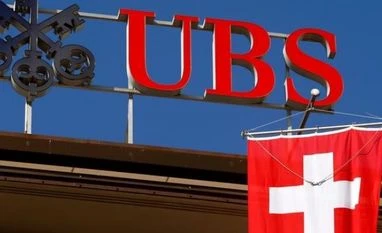"We believe the Centre will likely breach the FY18 fiscal deficit target of 3.2 per cent of GDP by 0.5 per cent if it goes about with a fiscal stimulus package," analysts at UBS Securities said in a note today.
"The government is contemplating deviating from budget targets, which could result in fiscal slippages," the note said.
More From This Section
The analysts said the slippage will be on lower revenue collections through Excise duty cuts, lower telecom collections, lower RBI dividend transfer and also higher expenditure, where the government has front-loaded spending and a possible stimulus to boost domestic demand.
As of August, the government has already touched 96.1 per cent of its full-year fiscal deficit.
Earlier this month, the Reserve Bank had warned against any slippages in the fiscal math, saying it will stoke inflation and also hurt the macroeconomic stability.
"The national fiscal stance can hardly be described as tight...In other words, we should be very cautious lest fiscal actions undercut macroeconomic stability," Governor Urjit Patel had said.
It can be noted that the global rating agencies also take a very negative view of any slippage on the fiscal front and have in the past warned about cutting the sovereign rating to junk status for fiscal imprudence.
The UBS report said states are also likely to exceed their targets because of factors like the rash of farm loan waiver announcements and a jump in employee salaries as they implement new wage panel recommendations.
The combined fiscal deficit, including that of the states and the Centre will come at 6.7 per cent, as against government target of 5.8 per cent and 6.2 per cent a year ago, the report said.
The brokerage said structural reforms like demonetisation, introduction of GST and corporate deleveraging have resulted in the lower growth, even as the underlying domestic demand momentum remains weak.
On growth, it said a pick up to the oft-repeated wish of 8 per cent will require an investment cycle recovery, for which the quality of government spending is key to ensuring there is no crowding out.
"We believe any increase in government spending to boost consumption could crowd out investment, which tends to have a durable impact on overall growth," it explained.
Estimating for a 0.25 per cent cut in rates by RBI during the remainder of the year, it warned that worsening in fiscal position and compromising in the quality of public spending could "exert pressure on prices and delay the possibility of any rate cut by the MPC".
)